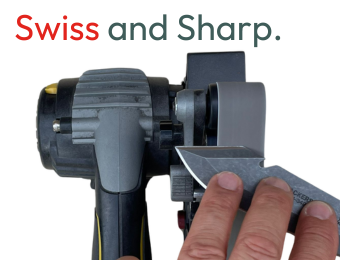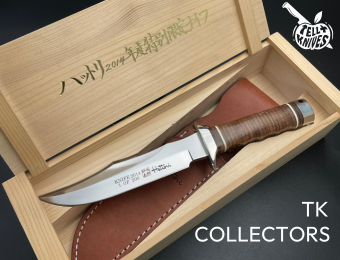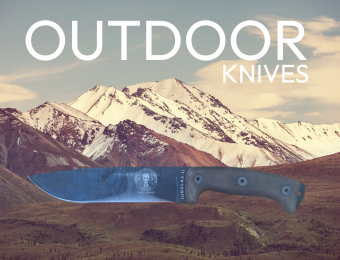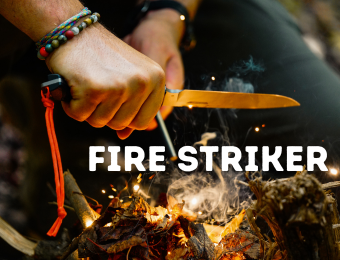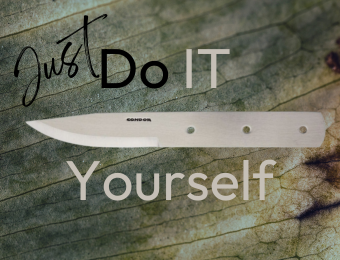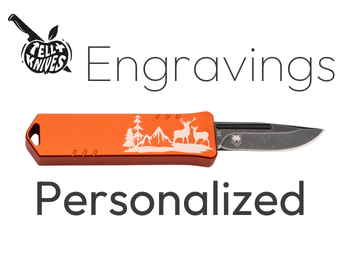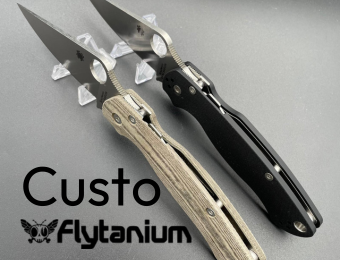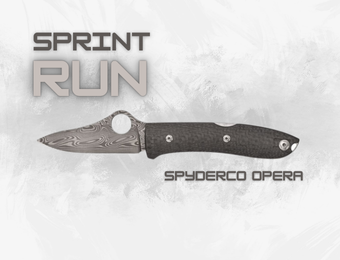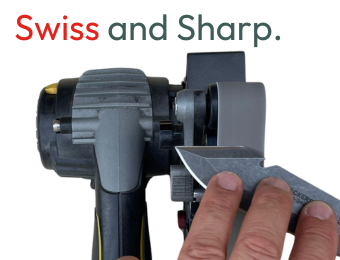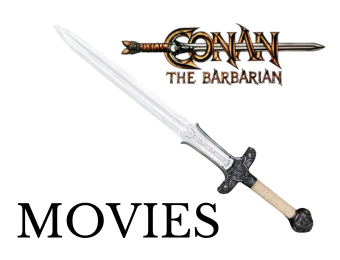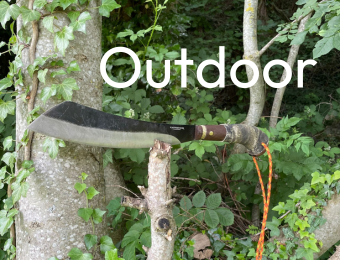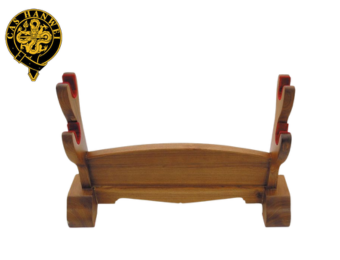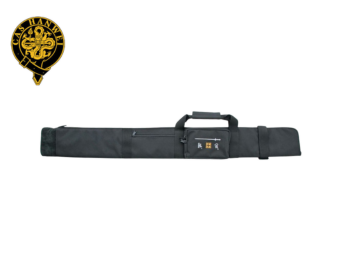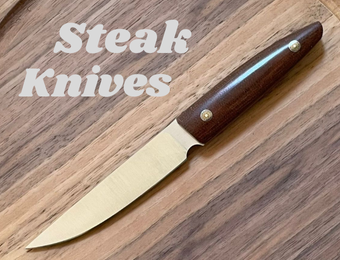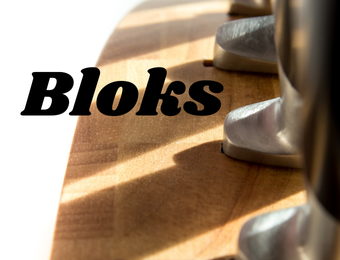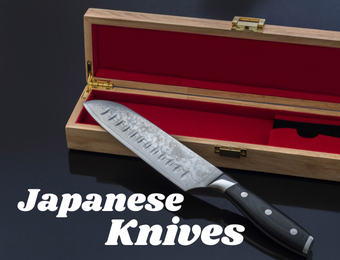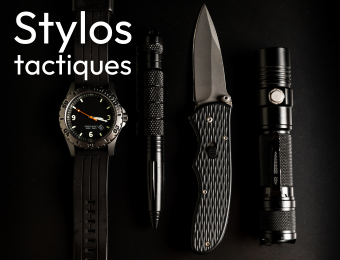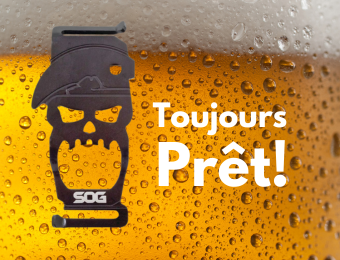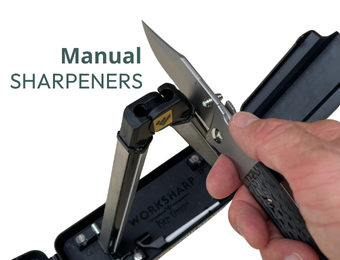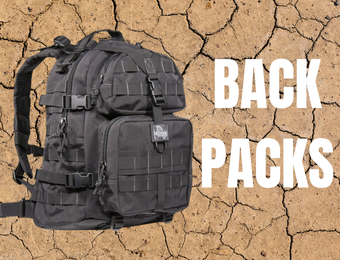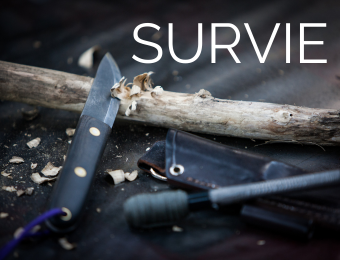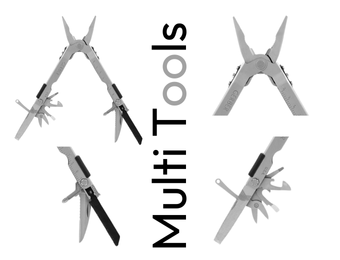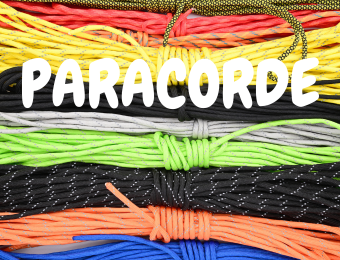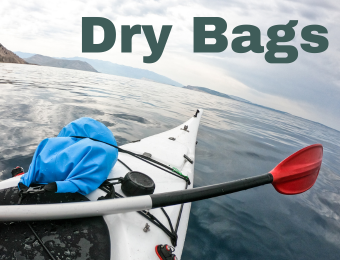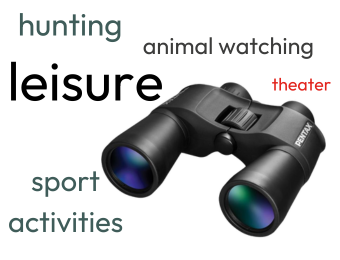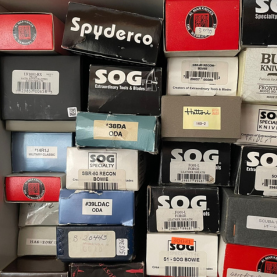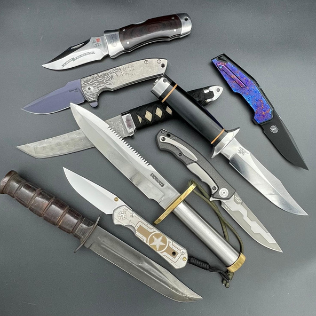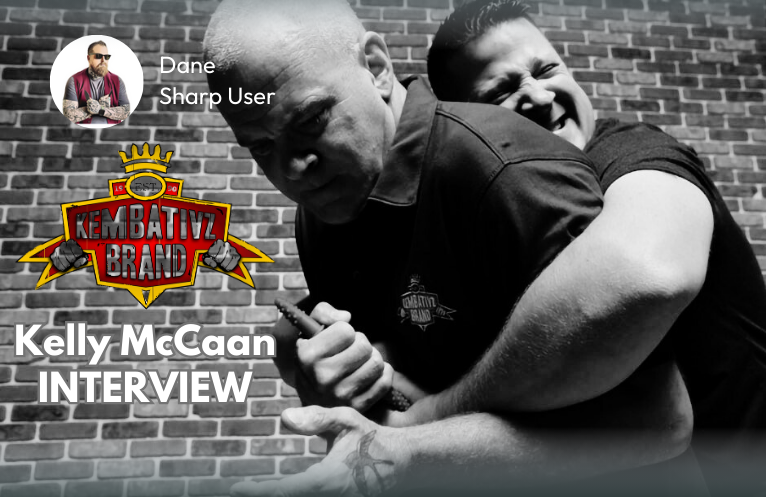Kelly McCaan, or Jim Grover to his friends, is a former U.S. Marine Corps Major who has become a leading figure in security and self-defense. Founder of Crucible Security Specialists in Fredericksburg, Virginia, he has set up a high-risk training platform serving the US government and armed forces.
A passionate writer, McCann was a long-time contributor to Black Belt Magazine, where he shared his unique vision of personal defense.
In 2012, he founded Kembativz Brand, LLC with Michelle Ly, a company that teaches personal protection techniques to civilians and corporations. With training delivered nationally and internationally, Kembativz has become a partner of choice for several government agencies and law enforcement organizations.
McCann is also co-owner of Renegade Combat Sports, where his fighters have won several championship belts in the Bantamweight and Heavyweight categories. His contribution to the martial arts world was recognized with his induction into the Black Belt Hall of Fame in 2008.
.png)
.png)
.png)
.png)
During his military service in the Marine Corps and SMU (Special Mission Unit) Kelly was a mainstay of hostage recovery tactics and trained counter-terrorist forces.
His methods, shaped by years of experience and influenced by renowned mentors, have earned him Master Instructor status. He is renowned for his skills in close combat, personal protection and high-risk tactics.
His monthly column, “Mil-Spec”, covers all aspects of combat, from mentality to personal safety. A series of videos available on YouTube Black Belt Magazine explore some of his concepts.
With dozens of educational videos to his credit and appearances on the likes of CNN and Fox News, McCann has established himself as an influential voice in the safety field. He has designed several knife models, including the Crucible II at Blackhawk and the Canis, the latter now produced by Spyderco.
He's much more than a self-defense expert: he's the architect of a fighting system he calls “Combatives”, based on simple, effective concepts. His passion for martial arts and Asian culture has led him to study various styles, constantly enriching his knowledge.
Today, he continues to make an impact on the world of self-defense, sharing his knowledge through books, articles and training courses. Considered one of the world's leading experts in personal safety, his pragmatic, reality-based approach makes him a benchmark for those seeking to protect themselves and prevent conflict. McCann is a true pioneer, mentor and inspiration to thousands of people around the world.
Interview with Kelly McCaan
Dane: “What inspired you to start teaching self-defense and personal safety?”
Kelly McCaan: "I was inspired by a deep desire to be operational in high-risk environments. The skills needed to survive quickly became an obsession for me: combat, firearms, driving, surveillance detection, protective services, dangerous situation avoidance and duress release, among others.
As a member of a Special Mission Unit (SMU) in the army, I was directly involved in direct action, counter-terrorism, drug trafficking and hostage recoveries. It shaped my vision of personal security."
Dane: “Can you tell us about your unique approach to self-defense and what sets it apart from other methods?”
Kelly McCaan: "I'm not sure that what I teach is truly ‘unique’. After all, it's all been done before. What sets me apart is the mindset I encourage and the way I impart my knowledge. My program is based on sound principles rather than isolated techniques.
These principles have been documented for over 30 years. Many schools claim to be based on principles, but can't even list them. For me, the clarity and depth of these principles make all the difference."
Dane: “What advice would you give to people who want to improve their personal safety on a daily basis?”
Kelly McCaan: "To improve personal safety on a daily basis, I'd say it's crucial to learn to walk away and not fall into the trap of a tense situation. Although we're all aware of the importance of vigilance, there's often a tendency to stay too long in situations that get out of hand. Reacting quickly and moving away from potential threats is always the best option.
These days, it's unbelievable to see some idiots standing around, phone in hand, filming incidents instead of taking cover."
Dane: “How do you see the evolution of self-defense and personal safety in the current context of our society?”
Kelly McCaan: “The evolution of self-defense and safety is heavily influenced by technology and decades of MMA. Thanks to a multitude of technological advances, it's much easier today to feel safe, whether traveling or at home. For just a few dollars, people can protect themselves effectively with affordable equipment such as portable alarms, sensors and cameras."
.png)
.png)
"As far as personal defense is concerned, anyone who claims that MMA hasn't changed the game is either ridiculous or has never practiced real combat sports. We've been involved in MMA for three decades, and that's reflected in my fighting program. People who don't understand how combat sports work don't realize that there's no “safe” or “sporty” mode: fighters are really trying to punch, kick, elbow, knee and choke each other with force. It's as real as it gets.
Of course, some techniques only apply indoors, but in general, around 70% of the skills developed apply directly to wrestling in a cage or ring. When I hear people dispute this, it's clear that their objectivity is skewed, and they're probably just ignorant. You can't learn to fight without fighting. You just can't. So, if Combatives groups don't regularly practice fights where both participants can act freely, they're just doing striking exercises and putting on bad guy faces."
- Dane -
Original photos by Kelly McCaan

